
America in Decline: Can the United States Continue to Compete?
The West enters the twenty-first century at a crossroads. Having long been the model for economic and political success, the aftereffects of the 2008 Great Recession have resulted in a world in which developing countries with emerging markets now have greater economic dynamism than years past, while old economic powerhouses are struggling to secure their […]
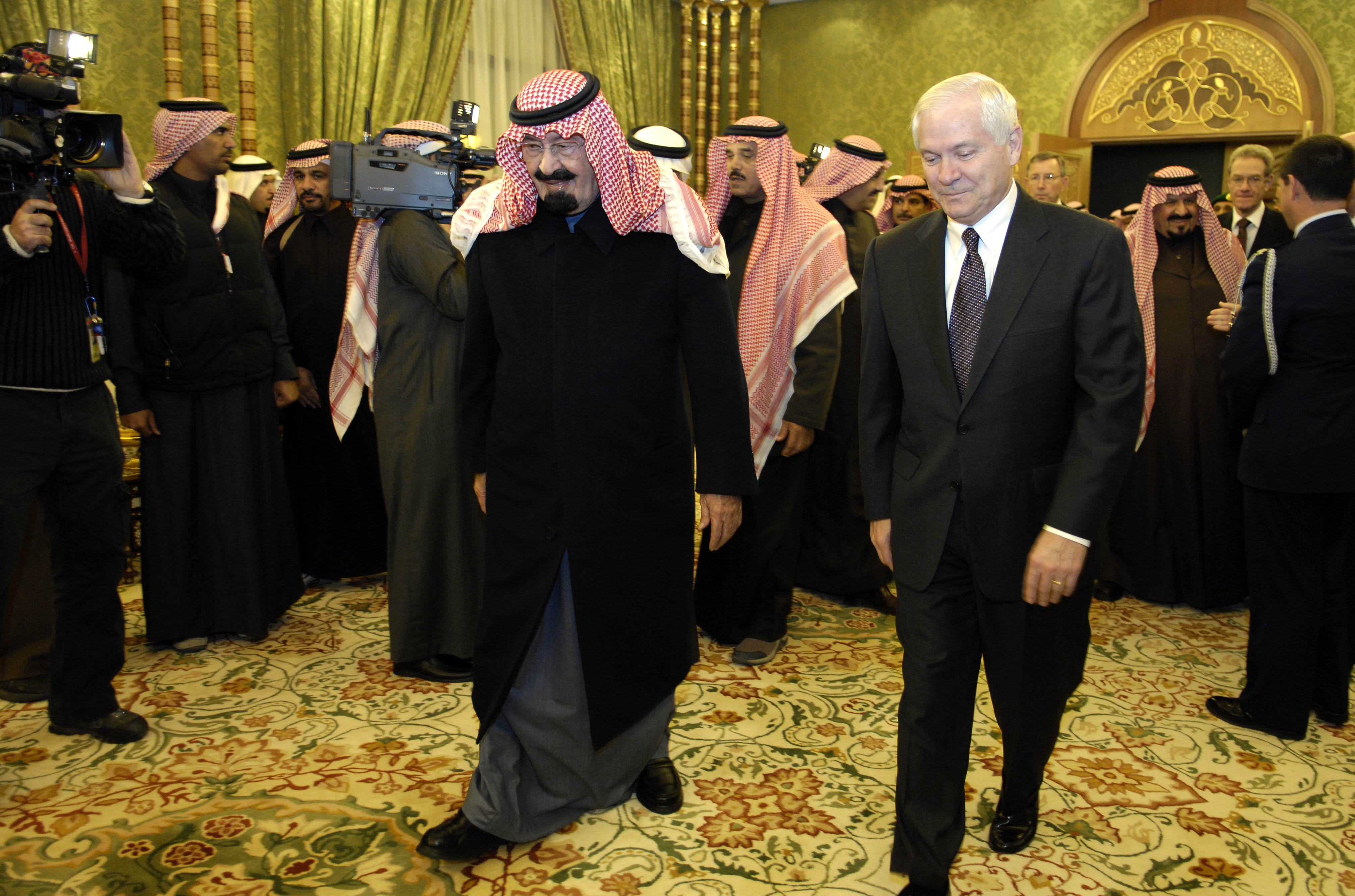
Symptoms of Cold Warfare between Saudi Arabia and Iran: Part 1 of 3
This is the first in a three-part series that will examine the historical foundations, current dynamics, and future prospects of the relationship between Iran and Saudi Arabia in light of the recent allegations that the Iranian government attempted to assassinate a Saudi diplomat in the United States. This October, the attention of the world […]

A Path to a Unified Korea: Redefining the Korean Reunification in the 21st Century
The Present and Prospective East Asian Geopolitical Structure Korean economists often say “every time China or the US sneezes, it’s Korea that catches the cold.” This saying applies to both political and economic realities facing South Korea. Caught between the two superpowers, South Korea’s political and economic decisions are inevitably dependent on the policies of […]
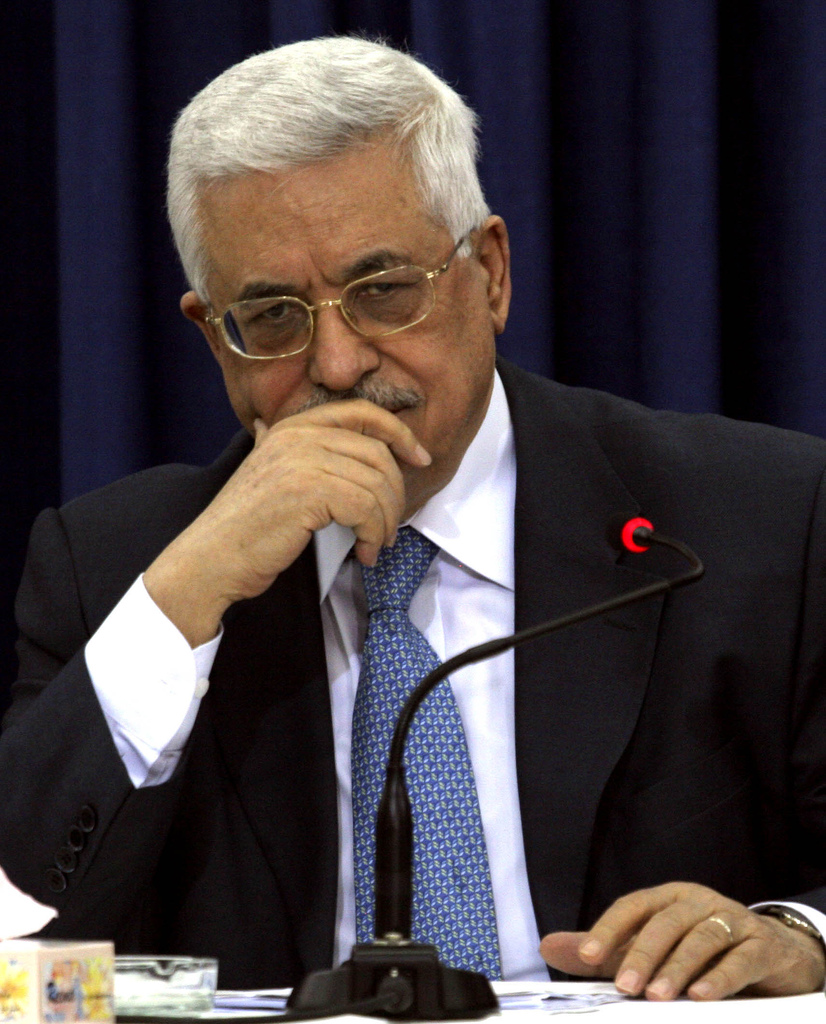
What now: The Palestinian Bid for Statehood
On Friday, September 23rd, 2011, upon commencement of the annual session of the United Nations General Assembly, Palestinian Authority (PA) President Mahmoud Abbas presented a historic statehood recognition request before the Security Council. This comes after half a century of conflict, which was supposed to end with the signing of the Oslo Accords in 1993 […]
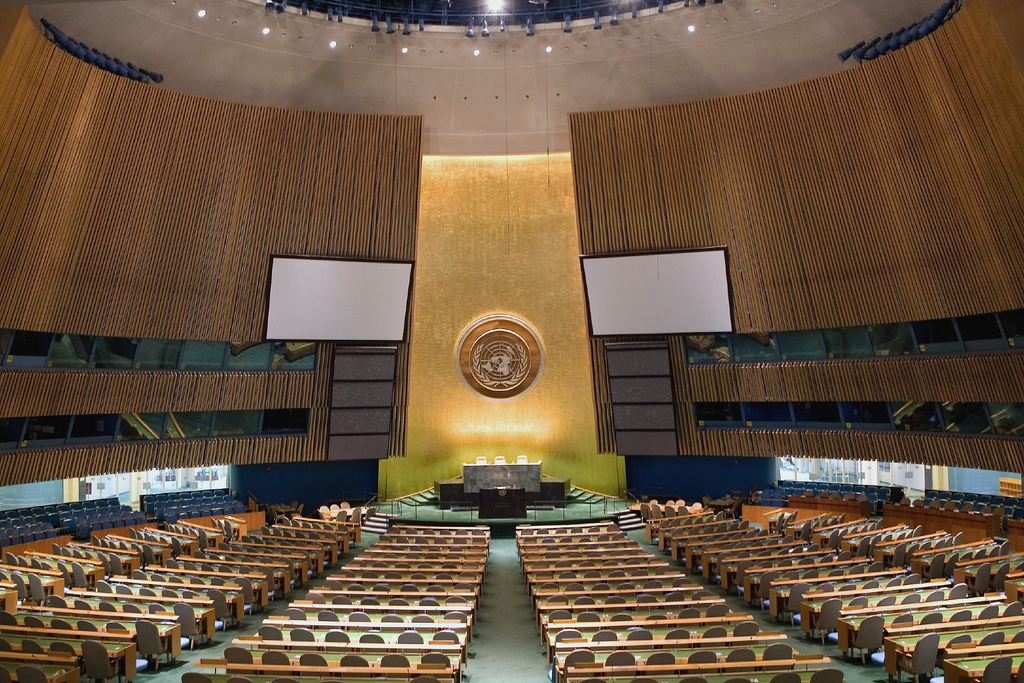
Why Now: The Palestinian Bid for Statehood
The Palestinian Authority approached the United Nations Security Council with a bid for statehood. They are seeking to be recognized, legally, as a state and to be accepted as a full member into the United Nations. One of the largest questions this move raises is: Why now? The current Israeli-Palestinian peace process has been ongoing […]
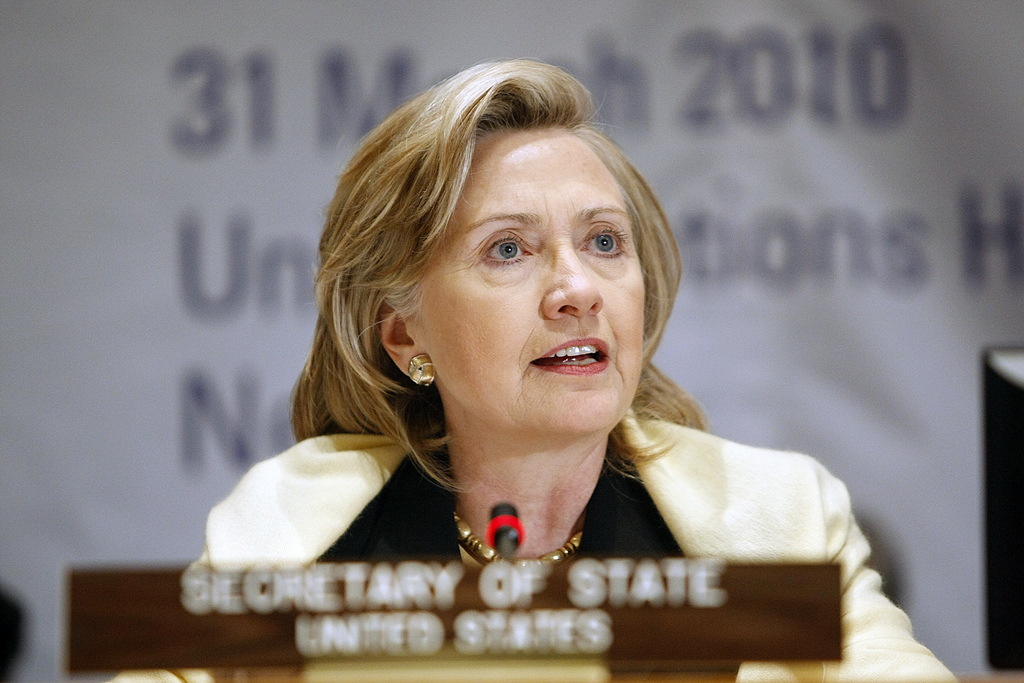
A Passing Opportunity for Moral High Ground
October 26, 2010 marked the ten-year anniversary of the passing of United Nations Security Council Resolution 1325 (UN SCR1325) yet the United States had not taken any substantial action to promote the text domestically or internationally. The resolution encompasses several massive issues concerning women in the peacemaking process in a brief, three-page document. It states […]

The Winter Uprisings: An Awakening for All
The cascade of pro-democracy protest across the Middle East presumably should not have caught the West off guard, but it did. The United States spends billions of dollars each year supporting Arab governments and on a vast intelligence service dedicated to better informing officials about on goings in the region. Regardless of the United States’ […]

Why the EU Needs Turkey: A Case for Accession
The Republic of Turkey stands at the crossroads of the Eastern and Western worlds. It is a land bridge between Europe and Asia, and through it flows the major water route between Russia and the Middle East. Its location has always put Turkey at the center of cultural origin and intercourse. For hundreds of years […]
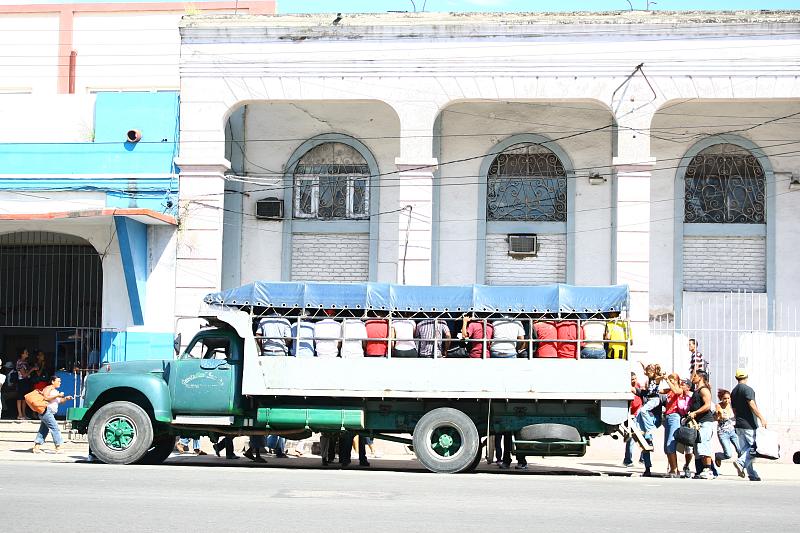
America and Cuba Today: The Coming of Age of the Cuba Embargo Under the Obama Administration
In retrospect, the Cuban embargo was presumably logical. World order was essentially polarized into two distinct categories: Capitalism vs. Communism. With the fall of the Berlin Wall and the collapse of the USSR, this approach seems worthless in terms of achieving peaceful, stable relations with Cuba in contemporary international relations. In short, the Cuban embargo […]
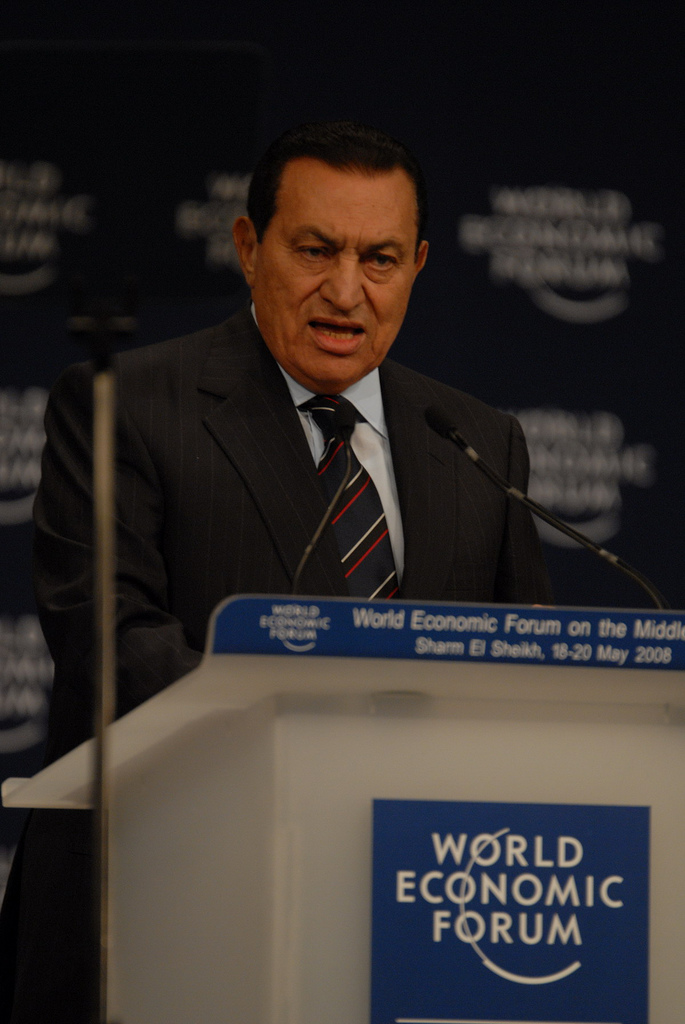
A New Beginning: Balancing Values and Interests in Obama’s Foreign Policy
Promoting and defending human rights has long challenged governments and policymakers. Some hardly bother and others give it their all. All governments balance their interests with their values. The United States has wavered back and forth between vocal and aggressive “democracy promotion” and realpolitik, often within the same administration. Most recent administrations have agreed on […]
